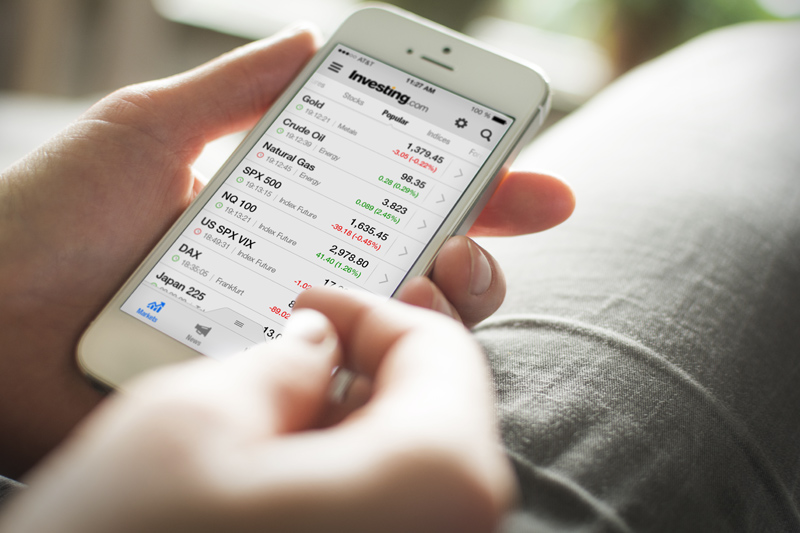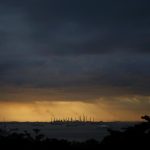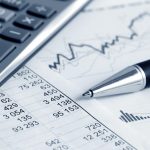By Maya Gebeily
BEIRUT (Reuters) – Lebanon’s central bank will restrict access to a new currency exchange platform set to launch within weeks to ensure U.S. dollars traded on the system are coming from “legitimate sources”, one of its vice governors told Reuters.
Acting central bank governor Wassim Mansouri said last week a new platform set up through Bloomberg would replace the in-house system known as Sayrafa, following concerns about Sayrafa’s lack of transparency and its governance.
Salim Chahine, one of the bank’s vice governors, told Reuters the platform had been approved by Lebanon’s caretaker cabinet and would be set up “within a month or a few weeks”.
Its launch would come with a new set of central bank circulars setting out the qualifications, role and regulatory mechanisms for authorised users, known as market makers.
“Market-making is not a job fit for everyone. Many exchange houses probably will not fulfil the requirements to become authorised,” he said, adding that the institutions “will perform the required scrutiny and compliance principles to ensure U.S. dollar trading from legitimate sources.”
Since Lebanon’s economic meltdown began in 2019, its pound currency has lost more than 98% of its value on the parallel market and banks have restricted access to deposits.
The increasingly cash-based economy has prompted concerns about illicit flows of money and the risk that Lebanon could face special scrutiny over unsatisfactory practices to prevent money laundering and terrorism financing.
The new platform is meant to help Lebanon’s currency move to a managed float by the end of this month after a longtime peg to the U.S. dollar. In February, the central bank devalued the decades-old rate from 1,500 to the U.S. dollar to 15,000.
Chahine said he expected the platform’s rate to “converge towards the parallel market, which will limit arbitrage” but declined to provide a range when asked by Reuters.
The World Bank said buy-side Sayrafa participants may have made as much as $2.5 billion through arbitrage trades.
Read the full article here




